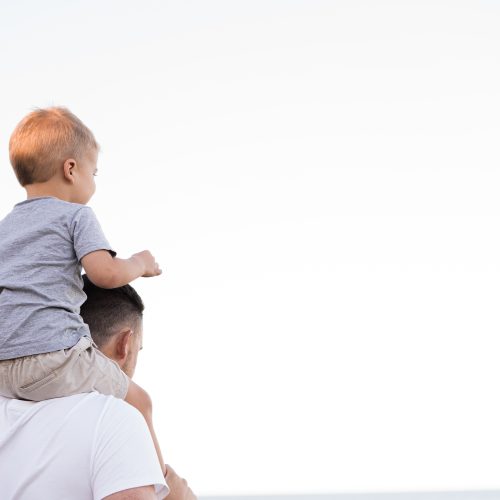
What Father’s Day means to me (a dad’s perspective)
I’m the father of two sons – 14 and 11 years old. I love being a father. It’s one of the most important parts of who I am these…
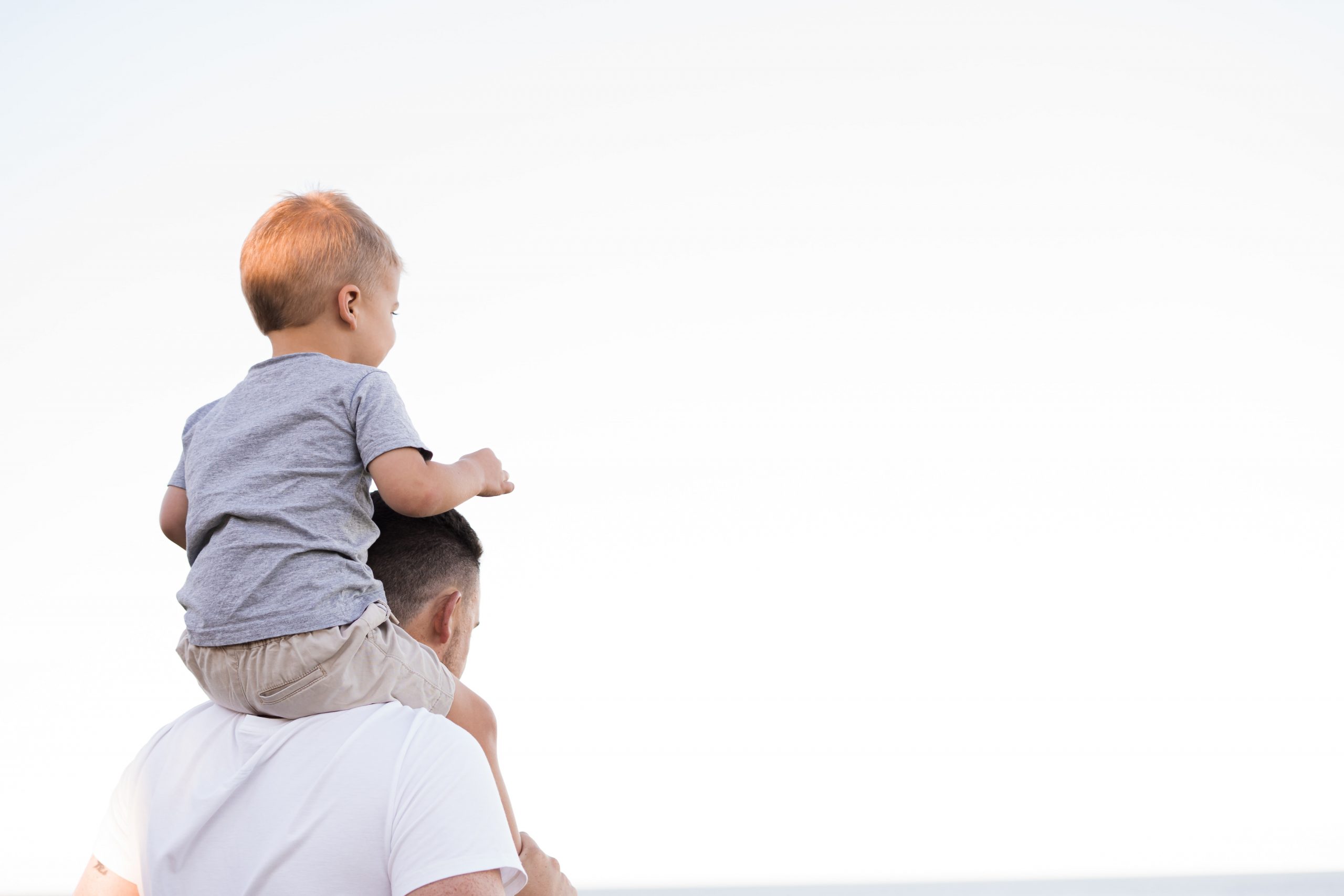
I’m the father of two sons – 14 and 11 years old. I love being a father. It’s one of the most important parts of who I am these days. Of course, I wasn’t always a father. I’ve been one for less than a third of my life.
With Father’s Day coming up, I’ve been reflecting on some of my fathering influences and how they impact my own fathering today. Special days like Father’s Day provide good opportunities for such things.
Firstly, I had a good father, which is a great start. They say that some good traits in life are “caught not taught” and that rings true when I think of what I learned about living well from my dad. It was less about what he tried to teach us and more about how he moved through the world. He was a strong, calm, and warm presence in our home. He gave little unsolicited advice and when he did speak into our lives, we were ready to listen.
He gave us plenty of space to make our own decisions, which included making our own mistakes. I see a lot of him unconsciously expressed through what I do with my kids now.
Alongside my dad, I also had a bunch of other father figures who I “caught” positive traits off.
As good as my own dad was, he couldn’t be everything to me by way of an example of good manhood or good fathering. No-one can be expected to provide that all themselves. The other good blokes in my life included – Sunday School teachers, camp leaders, youth group leaders, teachers, coaches, mentors etc… These father figures all brought something positive into the mix of my life, and I count myself lucky to have had their guidance through my formative times. I recognise some of these influences in my fathering, and I want to give my boys opportunities to have these kinds of positive influences in their lives.
Another thing I’ve tried to do is keep my eyes and ears open to various conversations around what good fathering might look like these days. I like the more traditional idea of being a good provider, but I’ve also appreciated the movement towards being more hands-on around the family home and in the lives of our children. I do the morning shift in our house, making breakfasts and lunches while the boys get ready for their day. Nothing too deep and meaningful – just good, incidental hang-out time. And across the week, we’ll talk, run, check homework, do chores, shoot hoops, watch shows and eat pies (when mum’s not looking). These times are some of the highlights of my week, and I think they’re good for all of us.
The research into good fathering strongly suggests to me that I’ve been on a good wicket when it comes to fathering influences: a good father, good father figures and access to positive fathering information that has shaped what I do (Fathering Project, 2013). Really, with all that going for me, I haven’t got much of an excuse…
My deep hope is that my boys will look back on what they got from myself and others and value it as I value what I have received from my dad, and the other good blokes in my life. I guess the point is to pass it all forward. I hear people say that one of the reasons we’re blessed is to be a blessing to others. With Father’s Day coming up, that makes as much sense to me as it ever has.
About the author…
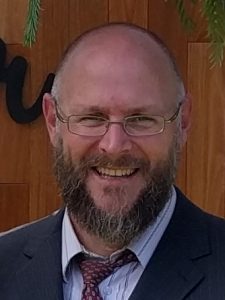 Steve has over 30 years experience in school, community and church-based youth work. He is currently working as the Training & Development Manager at SU QLD, overseeing teams that deliver training and produce resources for SU QLD staff and volunteers. He holds post-graduate qualifications in Social Work, Politics & Government, and Christian Studies.
Steve has over 30 years experience in school, community and church-based youth work. He is currently working as the Training & Development Manager at SU QLD, overseeing teams that deliver training and produce resources for SU QLD staff and volunteers. He holds post-graduate qualifications in Social Work, Politics & Government, and Christian Studies.
How Fathers and Father Figures Can Shape Child Health and Wellbeing (2013) – https://thefatheringproject.org/fpwp/wp-content/uploads/2015/11/New-Fathering-Research.pdf
Posted: 3/09/2020


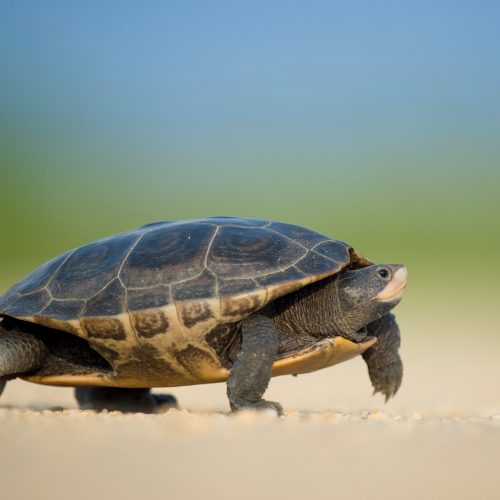

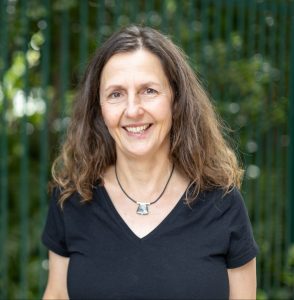 Andrea is a former secondary school teacher and counsellor. She has worked as a school chaplain for over 19 years and now also serves part-time on SU QLD’s Children and Youth Program Team, delivering training and professional development to chaplains and youth workers. Andrea and her husband are parents to three adult children and grandparents to two.
Andrea is a former secondary school teacher and counsellor. She has worked as a school chaplain for over 19 years and now also serves part-time on SU QLD’s Children and Youth Program Team, delivering training and professional development to chaplains and youth workers. Andrea and her husband are parents to three adult children and grandparents to two.

 Jane has been involved with SU Camps and Community Outreaches for 15 years. She has experience as working as a chaplain and has a background in nursing. Jane currently works as the Camp Specialist for SU QLD, overseeing the camps and missions across Queensland.
Jane has been involved with SU Camps and Community Outreaches for 15 years. She has experience as working as a chaplain and has a background in nursing. Jane currently works as the Camp Specialist for SU QLD, overseeing the camps and missions across Queensland.

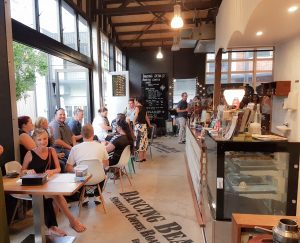
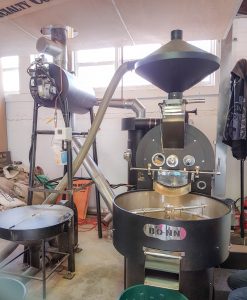
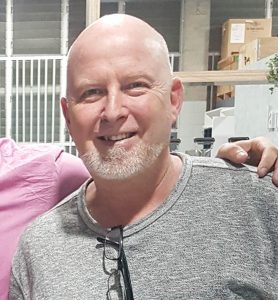 Rob Mergard is the cafe pioneer behind the Coffee Roasters Collective. Rob started life as an engineer – and it was his problem solving mindset and technical flair that saw him redesign coffee roasting in Queensland. Since his humble beginnings in a small cafe set-up, Rob has surrounded himself with coffee experts, master roasters, machinery gurus, specialist baristas and marketing icons who have all helped create, shape and enhance the individual products, services and brands that the Coffee Roasters Collective now takes to market.
Rob Mergard is the cafe pioneer behind the Coffee Roasters Collective. Rob started life as an engineer – and it was his problem solving mindset and technical flair that saw him redesign coffee roasting in Queensland. Since his humble beginnings in a small cafe set-up, Rob has surrounded himself with coffee experts, master roasters, machinery gurus, specialist baristas and marketing icons who have all helped create, shape and enhance the individual products, services and brands that the Coffee Roasters Collective now takes to market.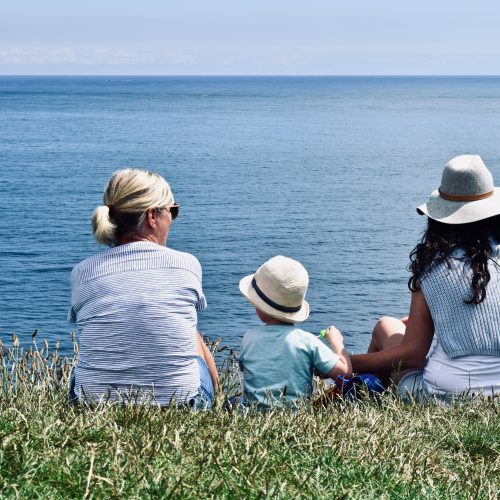
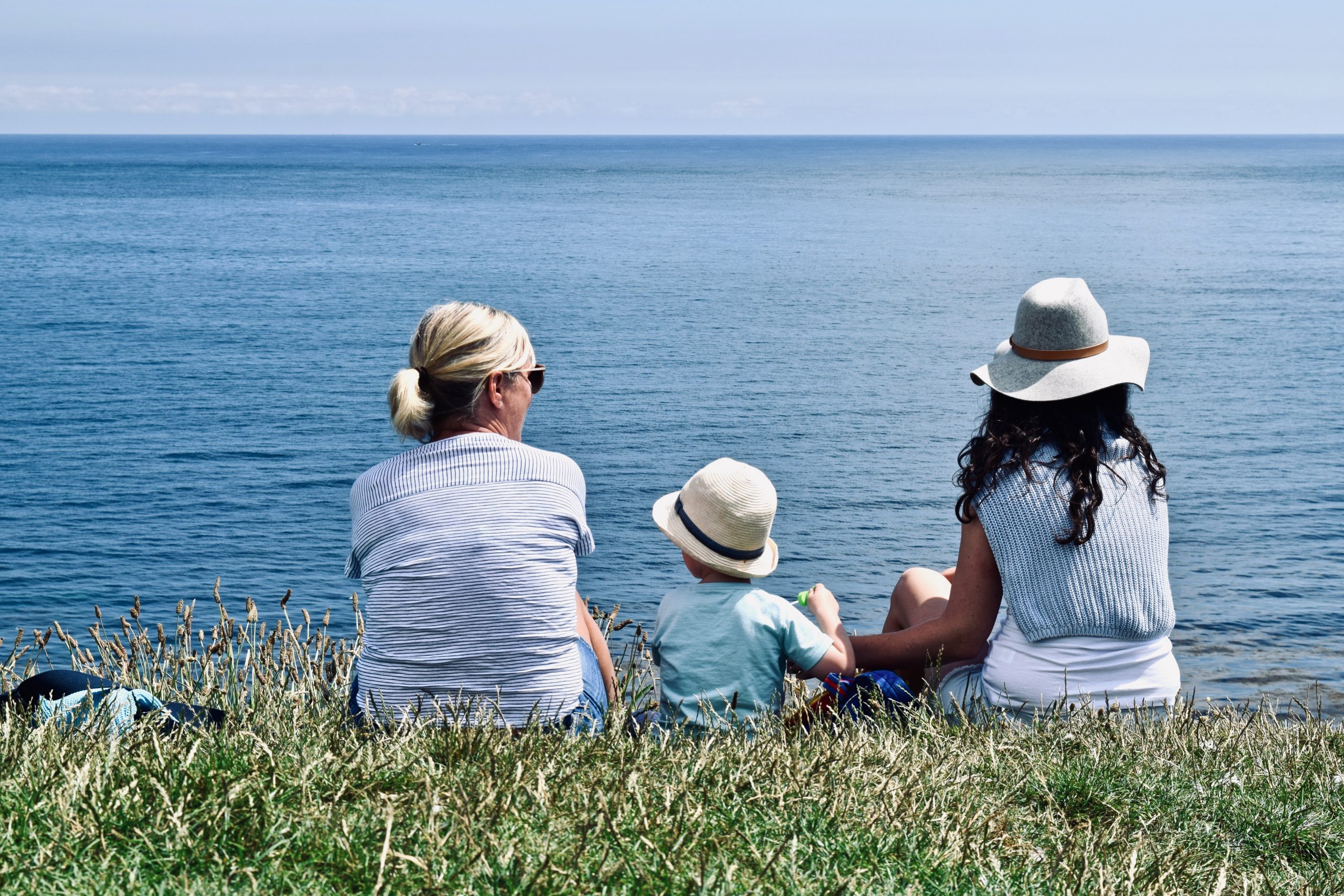


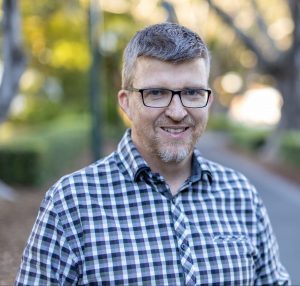 Tim works in Cross-Cultural Innovations for SU, seeking to foster vibrant ministry with people of minority cultures and other faiths. Prior to this Tim spent 8 years with The Feast in the UK, engaging youth of different faiths, and 10 years in various roles with SU Qld.
Tim works in Cross-Cultural Innovations for SU, seeking to foster vibrant ministry with people of minority cultures and other faiths. Prior to this Tim spent 8 years with The Feast in the UK, engaging youth of different faiths, and 10 years in various roles with SU Qld.




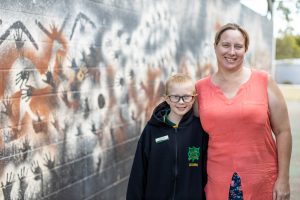
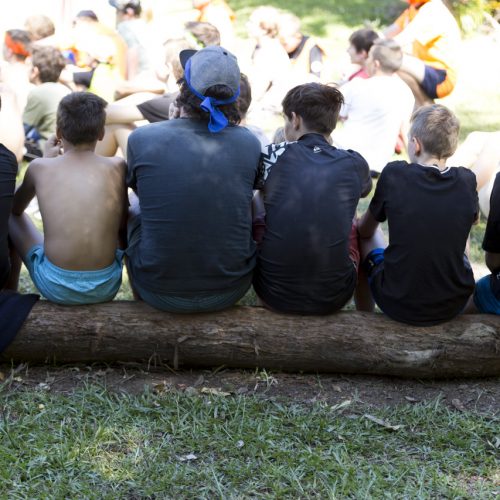
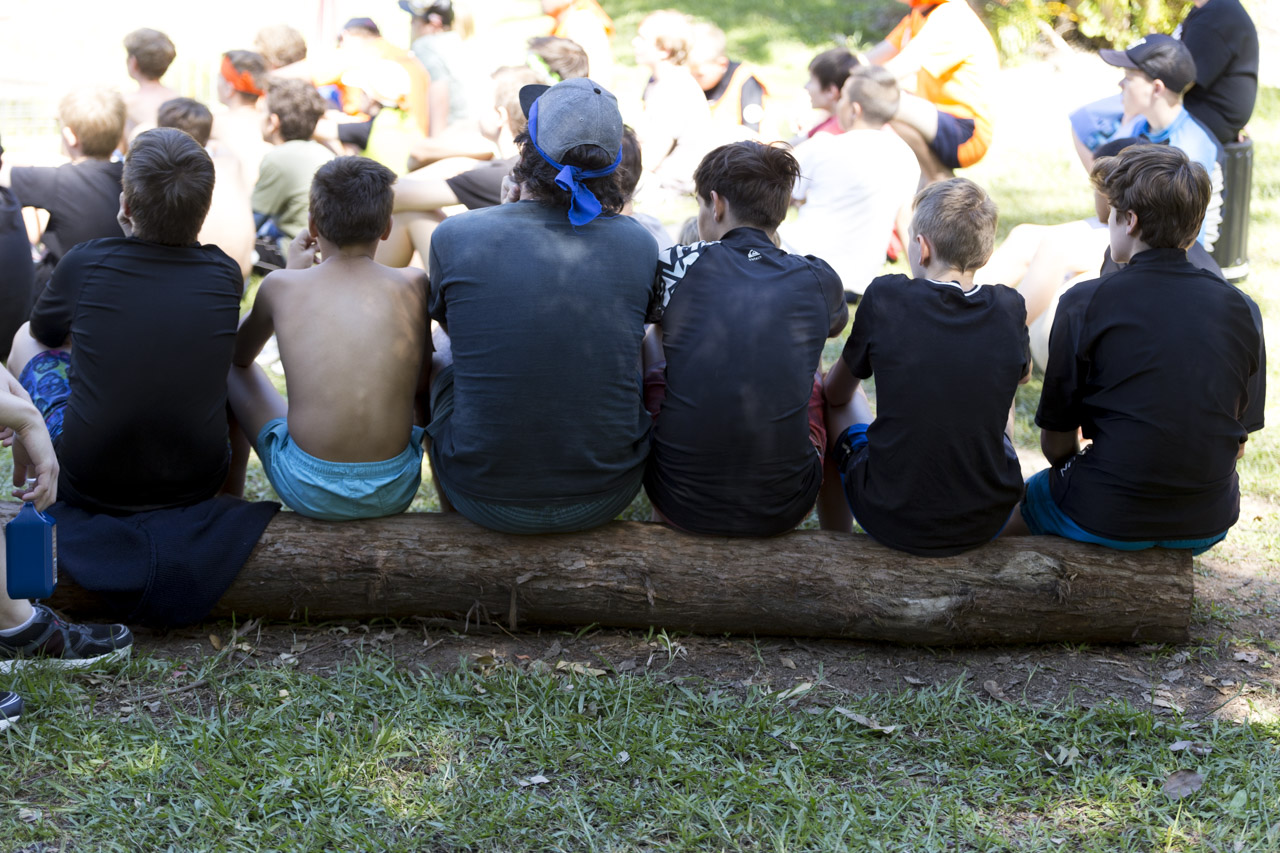
 Beavs is a former High School Maths and Christian Education Teacher who has been working and volunteering with SU QLD Camps for almost 20 years. As Camps Specialist he supports volunteers and chaplains run camps and community outreach events throughout Queensland, reaching over 4500 young people. Beavs is married with 3 children, and loves coffee and watching sport.
Beavs is a former High School Maths and Christian Education Teacher who has been working and volunteering with SU QLD Camps for almost 20 years. As Camps Specialist he supports volunteers and chaplains run camps and community outreach events throughout Queensland, reaching over 4500 young people. Beavs is married with 3 children, and loves coffee and watching sport.
